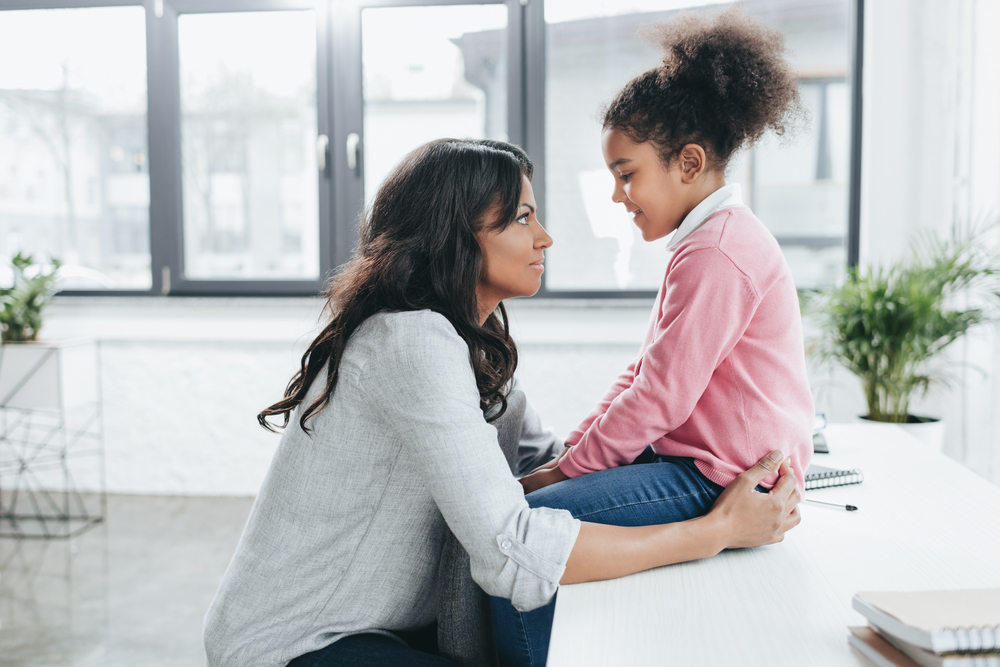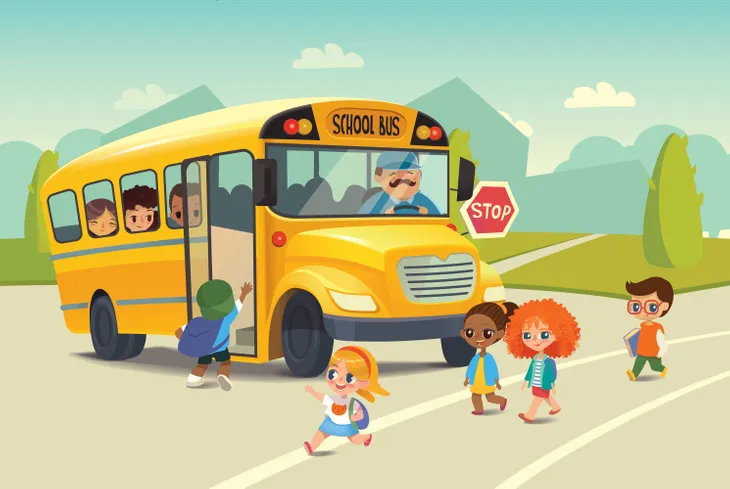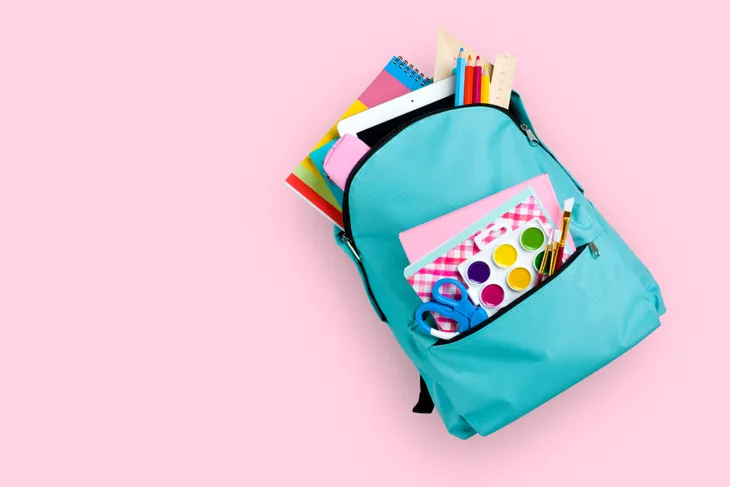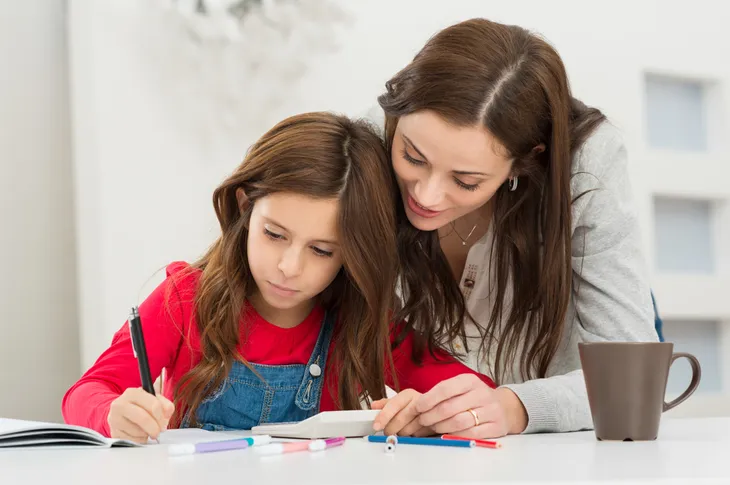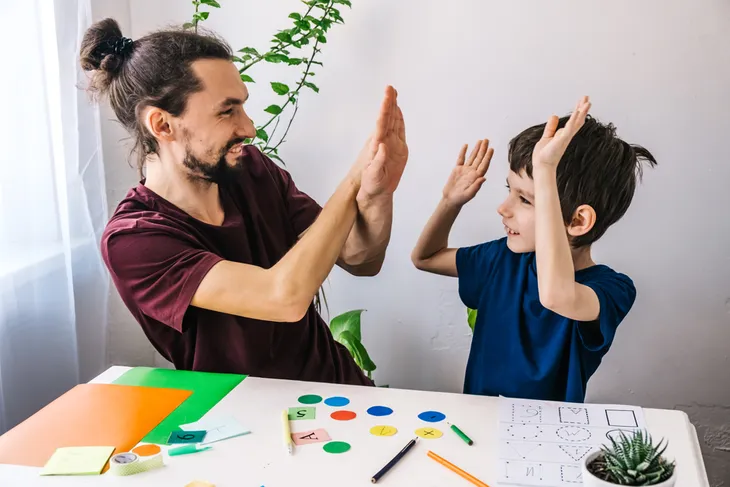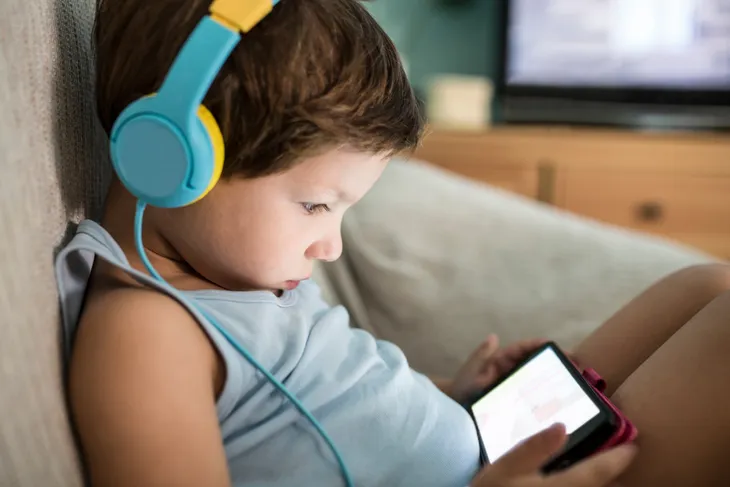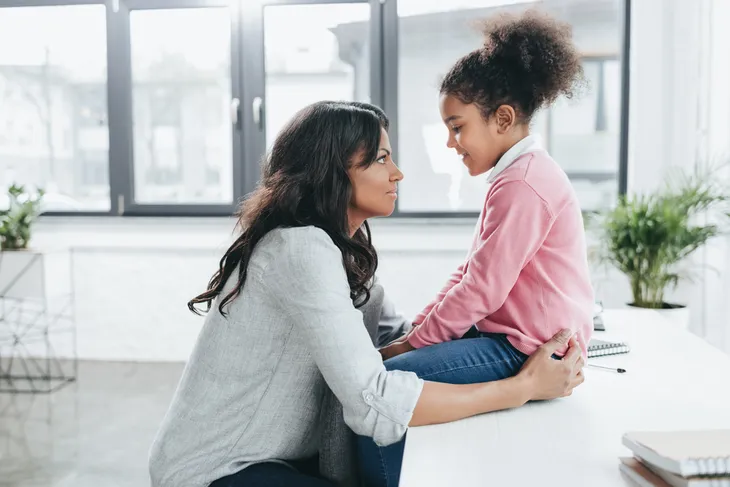The signs are already up in the major department stores, even though it’s still early August. There’s no way for kids to get around it; whether it’s in a mall or on television, the message is clear: you’re going back to school soon.
Some children look forward look forward to the prospect of heading back to class after a long summer to see their friends. However, for some kids, this can be a source of anxiety, especially if it’s their first time going to school. Here are seven ways to prepare your little ones (and you) for the coming school season…
Re-establish Routines
Being successful at school means being able to get proper rest, and that might also mean sleep routines might be adjusted from the summer schedule. WebMD suggests using the last few weeks of blissful summer to get into a “school day rhythm”.
That means your child should get up in time for school, even though the school year hasn’t started yet. You can also get them into the habit of eating a proper breakfast, which is important for mental and physical functions throughout the day, adds the source. Make lunchtime at home match the time they’ll be munching lunch between classes.
Map Out their Year
In some cases, your child will be able to ride the school bus to the learning institution before class starts, to ease any anxiety of the trip or where to catch their ride. As GreatSchools.org points out, many schools host open houses to meet teachers (these days are geared towards parents choosing a school, but they’re often helpful to new students as well).
Open houses can help familiarize a child with the school layout ahead of time, because unknowns of where their classes are can be nerve-wracking for youngsters. Knowing where to find the school office for help, where to store school supplies (i.e. a locker), and where the cafeteria is can put them a step ahead of the game.
Have the Supplies Ready
Ever had a dream where you go to class, and everyone has a pencil for that big test except for you? (Neither have we). In any case, one of the worries of children heading into school is the supplies they’ll need, because they won’t want to be behind other children who did their homework, so to speak.
Find out if the school has any special requirements, for instance, do you need a calculator, because using smartphones is sometimes not allowed during class? Also make sure you have backup pens, pencils and a backpack that’s comfortable and in style (because let’s face it, kids want stuff that looks good).
Get a Head Start in Studying
Perhaps your child had a difficult time mastering math last school season; this is a good chance for them to tackle some of the more difficult aspects of their learning that they might be afraid of. Giving them a little push can help them feel more confident in their abilities, which may result in better grades.
If you happen to have some of the textbooks the school plans to use for that year, or can access them at a library, try to coax your child to have a peek. It’s probably not their idea of fun, but try to pass it off as giving them a head start on the other kids.
Master the Basics
If your little one is heading off to Kindergarten, then there are some basic abilities they should have that you can help with, notes PBS.org. While each child will adjust to school at their own pace, you can have them practice introducing themselves, which will undoubtedly be a requirement in the early days of school.
You can also help your child’s attention span by reading to them as much as possible throughout the day, not just before bedtime. Try some crafts together to help foster creativity in the classroom, and arrange “play dates” with other young children to help socialize your little one before entering a school atmosphere.
Cut Screen Time
School settings don’t involve children staring at smartphones and televisions all day (if your school does this, it’s time to move your child to another one). Screens can be addictive and distracting, so it’s a good idea to start adjusting your child’s viewing habits before the academic year.
BecomingMinimalist.com has a list of suggestions to help curb your child’s screen addiction. The source suggests creating a schedule of only watching shows before and after school hours, and if that doesn’t work, cut the cable altogether and spend some time playing with them. Sounds easier said than done, but it can pay off in the long run.
Talk to Your Children
Your child may not have voiced any opinion about how they feel about going back to school, but that doesn’t mean they aren’t thinking about it. Ask them point blank about whether they have anything they’re excited about in the coming year, and keep it positive.
However, as CincinnatiChildrens.org points out, you should open a dialogue that also allows your child to express concerns. Having this conversation before the year begins will give you a chance to dispel any myths, or help you both develop a plan to manage stress and anxiety.
